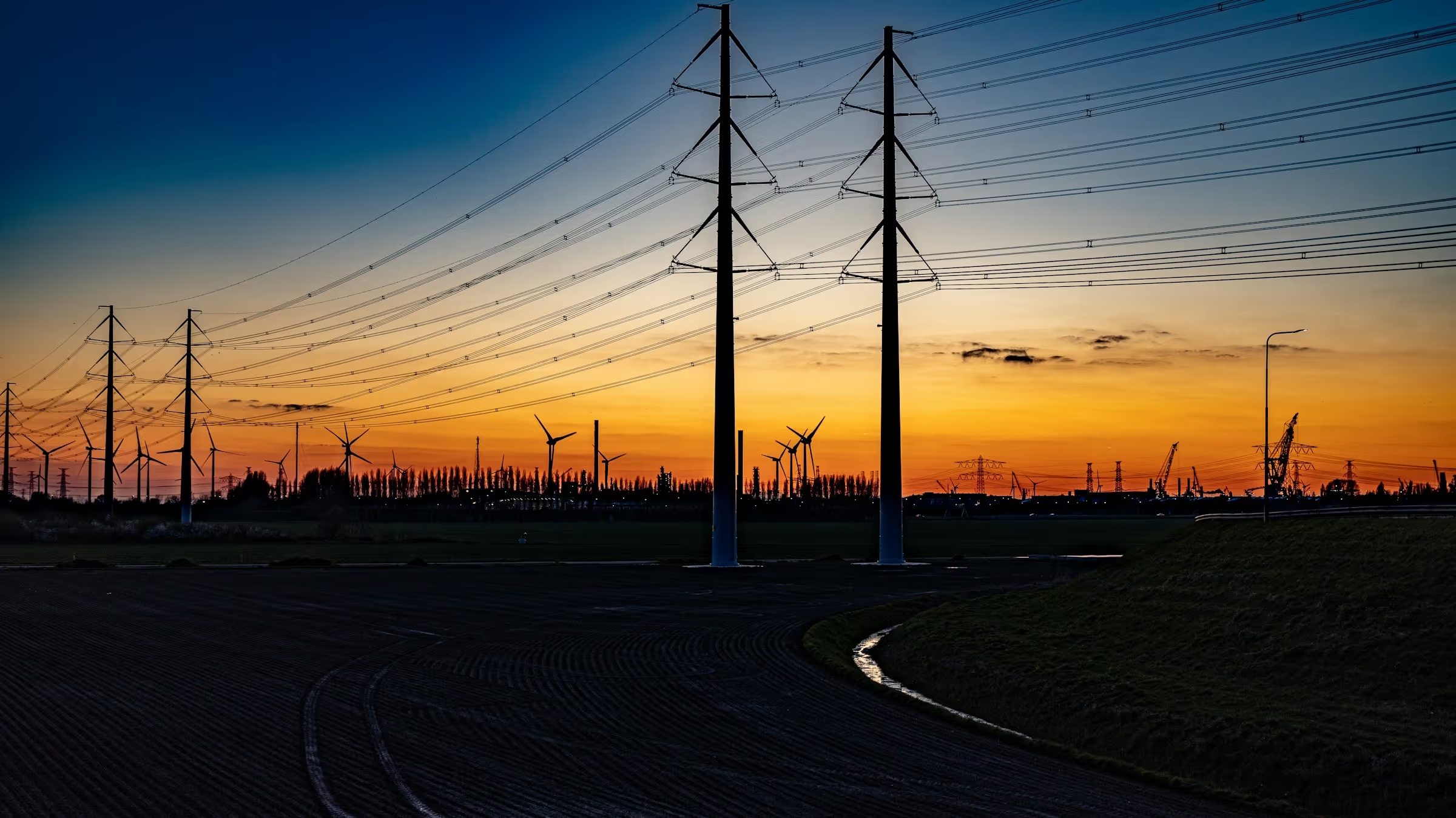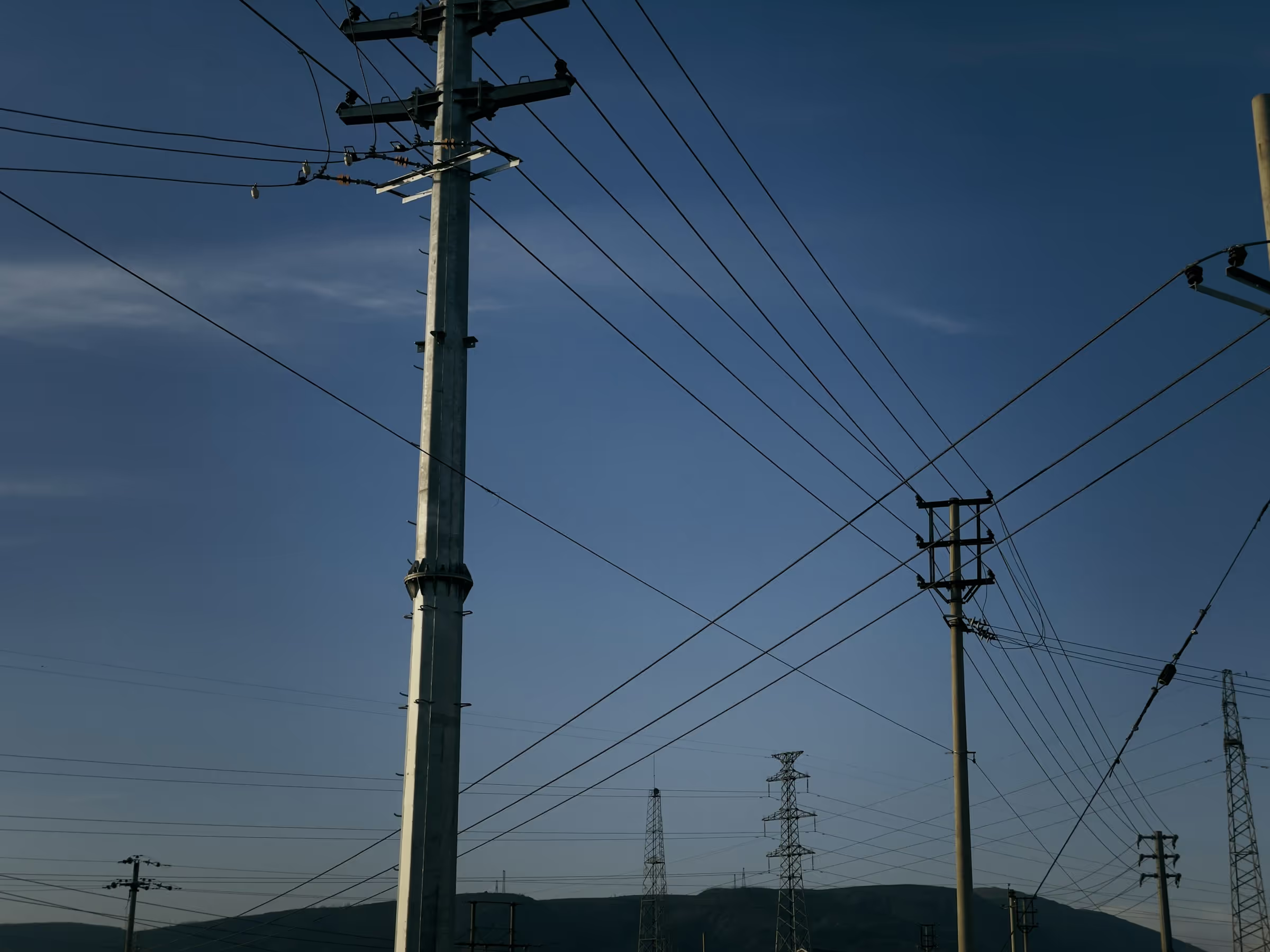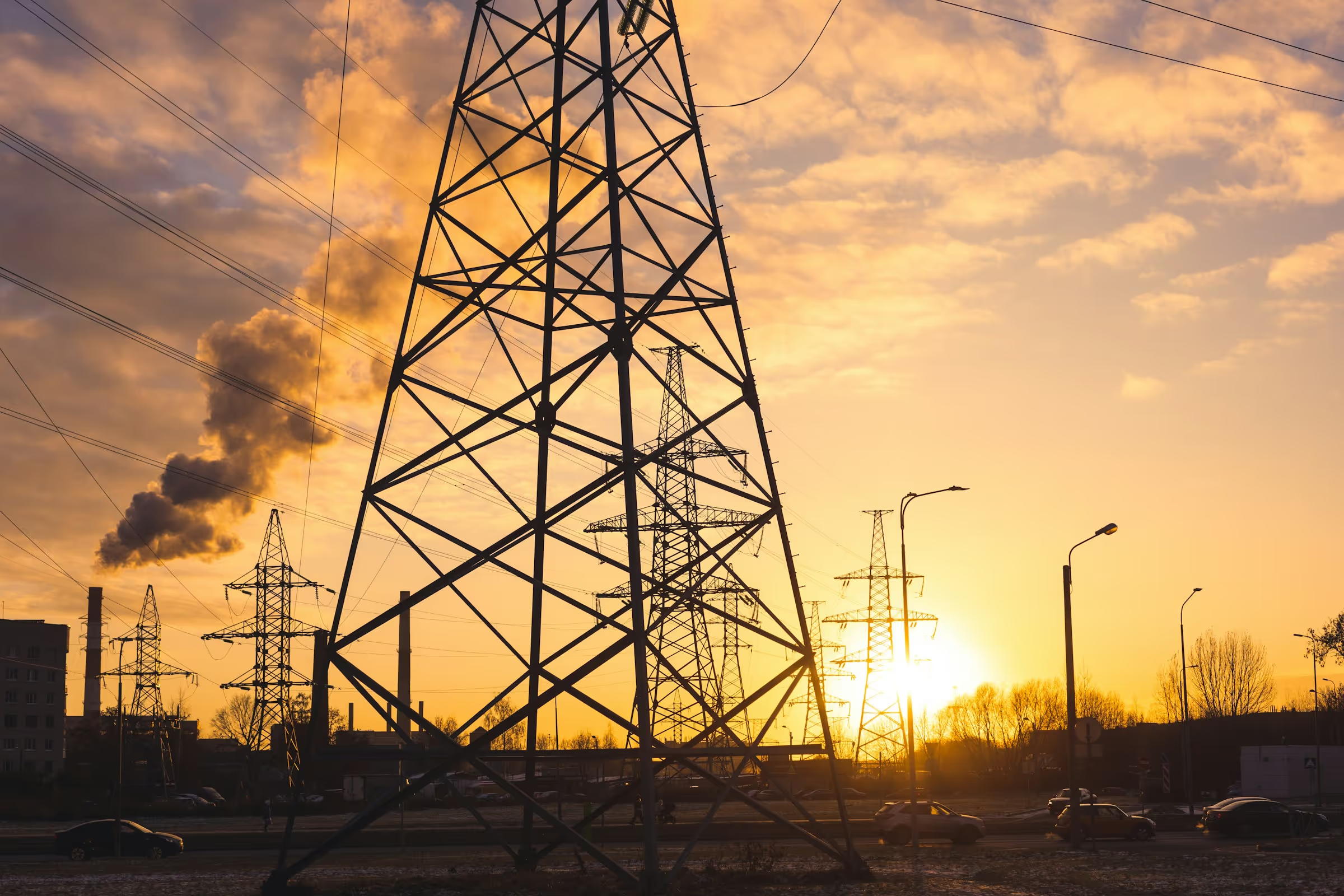We Are A Leading UK Commercial Energy, And Sustainability Consultancy
Commercial Gas and Electricity: The Complete Guide for Businesses
Energy is the lifeblood of every business. From powering office equipment to heating warehouses and running production lines, commercial gas and electricity are essential for daily operations. However, with rising prices and fluctuating market rates, businesses face growing pressure to manage energy costs without compromising performance. This guide covers everything you need to know about commercial gas and electricity, including how rates are determined, strategies to save, and ways to future-proof your energy strategy for maximum efficiency and profitability.
20+
Years Of Trade In Energy & Sustainability
No Fee
For A Commercial Energy Audit With Our Specialists
1:1
1-to-1 Support Throughout Your Journey
Let Us Contact You:
.avif)
Featured Energy Consultancy




















What Is Commercial Gas and Electricity?
Commercial gas and electricity refer to energy services designed specifically for businesses rather than households. These services often include tailored pricing structures, flexible contracts, and energy management solutions to meet the unique needs of businesses, from small retail outlets to large industrial facilities.
Key differences from domestic energy:
- Tailored Pricing: Based on usage volume and patterns.
- Bespoke Contracts: Flexible terms to suit business requirements.
- Dual-Fuel Options: Potential to combine gas and electricity in a single agreement.
- Dedicated Support: Account management and strategic energy guidance.

How Commercial Gas and Electricity Rates Are Determined
Several factors influence what businesses pay for their energy:
1. Market Conditions
Wholesale energy prices fluctuate based on global demand, fuel supply, and geopolitical events.
2. Contract Type and Length
Longer contracts often secure lower rates, while shorter or variable agreements may expose businesses to price fluctuations.
3. Consumption Volume
Higher usage can qualify for lower per-unit rates, particularly when combined with strategic procurement.
4. Location
Distribution costs vary by region, impacting the final rate.
5. Credit Rating
Businesses with stronger credit profiles typically access more competitive rates.

Advantage Utilities
£100m +
22,000+
21%
1:1
Types of Commercial Energy Contracts
1. Fixed-Rate Contracts
Lock in a price per kWh for a set term, providing cost stability and predictable bills.
Best for: Businesses seeking budget certainty.
2. Variable or Index-Linked Contracts
Rates fluctuate with the market, offering savings during low-price periods but carrying risk during price spikes.
Best for: Businesses comfortable with market risk.
3. Pass-Through Contracts
Non-energy charges, such as network fees, are passed directly to the customer, ensuring transparency.
Best for: Larger businesses requiring visibility and control.
4. Dual-Fuel Contracts
Combine commercial gas and electricity in a single package for convenience and potential discounts.
Best for: Businesses that use both fuels extensively.

Benefits of Managing Commercial Gas and Electricity Strategically
- Cost Control: Achieve predictable bills and reduce overheads.
- Efficiency Gains: Improved usage data enables smarter operational decisions.
- Sustainability: Support ESG targets and appeal to environmentally conscious stakeholders.
- Competitive Edge: Savings can be reinvested into growth and development initiatives.

Proven Strategies to Reduce Commercial Energy Costs
.avif)
Switching providers can save businesses up to 30% annually. Use tools or brokers to compare offers and identify the best fit.
Market timing is crucial. Partnering with experts such as Advantage Utilities ensures you secure contracts when prices are most favourable.
Identify waste, such as outdated equipment or inefficient processes. Even small changes can deliver significant savings.
Green tariffs or Power Purchase Agreements (PPAs) not only support sustainability but can also provide long-term cost benefits.
Pooling demand with other businesses increases negotiating power and can unlock more favourable rates.
The Role of Energy Brokers
Energy brokers simplify the complex process of securing the best commercial gas and electricity contracts. With their market expertise, they can:
- Analyse your consumption and recommend the most cost-effective solutions.
- Negotiate exclusive rates not available to the wider market.
- Provide strategic advice for risk management and efficiency improvements.
Partnering with Advantage Utilities means gaining a trusted advisor to optimise your energy strategy for long-term savings and stability.
Key Statistics for Businesses
- Businesses that review contracts annually save 15–30% compared to those on auto-renewals.
- Over 40% of SMEs overpay for energy by remaining on default tariffs.
- Energy efficiency upgrades can reduce consumption by 20–25%, significantly lowering costs.
Common Mistakes Businesses Make
- Ignoring Contract Renewal Dates: Leading to expensive rollover rates.
- Failing to Analyse Usage Data: Missing opportunities for optimisation.
- Not Exploring Dual-Fuel Options: Losing out on potential bundle discounts.
- DIY Procurement: Navigating contracts without market expertise often results in poor deals.
How Advantage Utilities Can Help
At Advantage Utilities, we specialise in helping businesses secure competitive commercial gas and electricity rates.
Our tailored solutions include:
- Market analysis to secure favourable contracts.
- Usage audits to identify efficiency opportunities.
- Support in transitioning to renewable energy sources.
- Ongoing monitoring and advice to keep your strategy optimised.

Conclusion:
Managing commercial gas and electricity effectively is essential for reducing costs, enhancing efficiency, and supporting a sustainable future. With a strategic approach and expert guidance, your business can transform energy from a fixed expense into a strategic advantage.
Partner with Advantage Utilities today to access proven energy solutions that deliver measurable savings and long-term value.

Frequently Asked Questions
.avif)
We Assess
.avif)
We Optimise
.webp)
We Manage
What is the difference between commercial and domestic energy rates?

Commercial rates are tailored to business usage and often provide more flexible contract options, whereas domestic rates are standardised for households.
Button TextHow often should I review my energy contract?

At least once a year, or 3–6 months before your contract ends, to avoid higher rollover rates.
Button TextCan I switch suppliers without disrupting my service?

Yes. Switching is straightforward and won’t impact your energy supply.
Button TextAre green energy contracts more expensive?

Not necessarily. Many renewable tariffs are competitively priced and can offer long-term savings.
Button TextHow can I lower my commercial energy bills?

Compare suppliers, audit your usage, consider dual-fuel contracts, and work with experts such as Advantage Utilities to secure the best deals.
Button Text
Speak With Us
We understand the complexities of navigating your energy, book in a time to speak with us below
Book A Consultation



